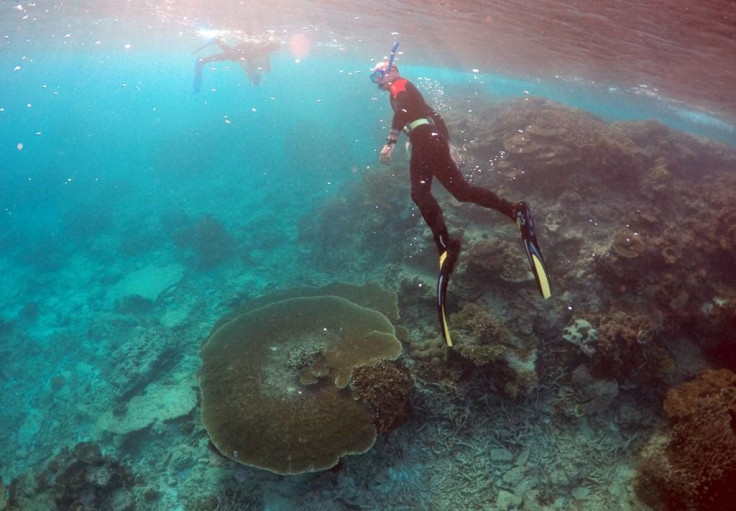Mike Fanning Shark Attack Similar To Another Australian’s Tryst With Death In 1976

Champion surfer Mick Fanning's encounter with death has an uncanny similarity with an Adelaide man’s that took place 39 years back in the same location. It was Marshall Flanagan, a surfing enthusiast, who suffered a shark attack in 1976.
Flanagan had been a surfer since childhood. One day, he decided to go to Jeffreys Bay, a legendary location for surfing in South Africa. While he was surfing, he had a strange feeling moment before he was attacked.
Flanagan was surfing on his own but, sensing something wrong around him, paddled across to a spot where his friends were surfing. “When I was paddling out to one of the waves I paddled past a friend and as I did I went a little further and I heard him call out 'Marshall watch out, shark', which was totally incredulous to me,” ABC News quoted Flanagan, “For me on the outside I was yelling and screaming and trying to get it off my leg, on the inside I was thinking about where I could hit this thing to get it to release me.”
Flanagan hit the shark around its snout, which forced the shark to leave him. Likewise, Fanning too punched the shark which had attacked him and saved himself. Fanning also had a strange feeling that there was something wrong around him. The three-time world champion was attacked by a shark while he was in the J-Bay Open in South Africa, The Guardian reported.
According to the World Surf League commissioner Kieren Perrow, this was the first time a surfer was attacked during a competition. Perrow said that everyone was happy to see Fanning alive and safe. He added that it was “incredibly scary” to watch the incident live on television.
Fanning wrote in his autobiography, “Surf For Your Life,” that he felt at times that his brother was swimming with him. Fanning lost his brother in a car accident when he was a teenager.
Prime Minister Tony Abbott said that it was “terrifying” to find that such a large shark could be so close to a competition. He called Fanning as a “one hell of a relieved surfer.”
Flanagan said that shark attacks were “an occupational hazard” for surfers. However, he said that such attacks should not prompt hunting for sharks. He added that he was horrified to seen the shark attack on Fanning.
Contact the writer: s.mukhopadhyay@ibtimes.com.au





















